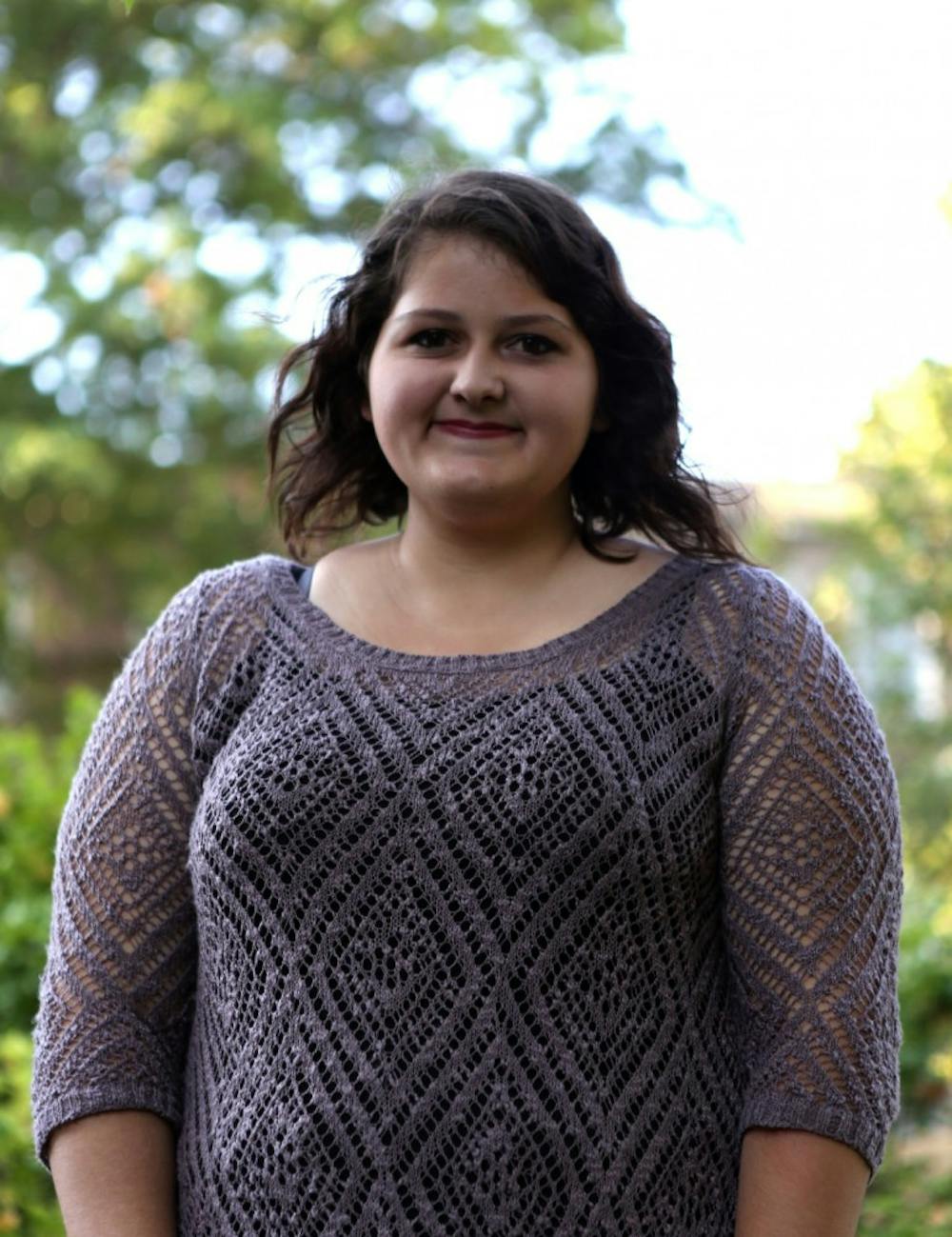Parvez Sharma recently screened the documentary at Ohio University and discussed Islamophobia and the intersection of religion and sexuality.
This past weekend, a swarm of Ohio University alumni made their annual pilgrimage back to the brick streets of Athens for Homecoming festivities. On Wednesday afternoon during a free screening at the Athena Cinema, an Indian filmmaker recounted a pilgrimage of his own.
Parvez Sharma recently performed his Hajj— the compulsory Islamic pilgrimage to Mecca, the sacred city toward which Muslims orient themselves during salat (prayer). In this endeavor, Sharma is not unique. Hundreds of millions of able-bodied Muslims before him have made the arduous journey. Hundreds of millions more will circle the cube-shaped Kaaba at some point during their lifetime.
But Sharma’s Hajj — as depicted in his newest film, A Sinner in Mecca — is especially compelling. As a filmmaker, Sharma arrived with the intention of documenting his journey — an act that is explicitly prohibited by the Saudi government. For this, he risked confiscation of footage. As an openly gay man who had publicly been labeled an infidel, Sharma took his personal struggle to the ground zero of Islam. For this, he risked his life.
In Saudi Arabia, homosexuality is punishable by death.
For more than fourteen centuries, Mecca was a world unknown, forbidden to non-Muslims. Sharma’s film permits a bypassing of the red tape. We are fortunate to be with Sharma as he partakes in centuries-old rituals that intimately reaffirm his faith. But, with the good comes the bad and the ugly. Through Sharma’s camera, we are privileged to the Hajj’s agonizing physical demands. We learn the reality of honor killings. We see the mounds of plastic garbage lining the pilgrims’ path. We are exposed to the cold commercialization of religious pilgrimage (a Starbucks is located a mere 1000 feet from the Kaaba, the famous logo’s topless mermaid has been conspicuously removed.) This is, he says, what Saudi Arabia doesn’t want you to see.
I must affirm that Sharma’s films do not promote anti-Islamic sentiment, though the fatwās and abounding death threats would have you believe otherwise. Parvez Sharma is not at war with Islam. Islam, especially in relation to homosexuality, is at war with itself. And Sharma refuses to be a casualty.
This difficult conversation is one in which Sharma has long been engaged. In his 2007 film, A Jihad for Love, we are introduced to several gay and lesbian Muslims as they attempt to reconcile their faith with their sexuality. They are, in various capacities, proudly embracing their gay and lesbian identities. And yet, they harbor a palpable nostalgia for their religious upbringing. Their journey is nothing if not jihad.
For these gay and lesbian Muslims, jihad is not an outward display of violence. Their jihad is not the jihad of ISIS. It is an internal struggle of reconciliation. Can a person be gay while retaining his or her Muslim identity? Are the two mutually exclusive?
It is a crisis of identity and faith. In this way, Sharma has much in common with young members of the LGBT community in the United States who have come to feel alienated by their respective religious communities. Christianity and Judaism, like Islam, are struggling to navigate these complex relationships. How do LGBT people find a place for themselves inside a tradition which has historically rejected them?
{{tncms-asset app="editorial" id="bee563a2-6dd3-11e5-ae83-8f3a3cad4140"}}
For Sharma, incompatibility is not an option. In a recent interview, he explained, “Islam may have turned its back on me, but Islam is also who I am. It’s very hard to cut off your right hand and say I’ll only function with my left hand from now on.”
Initially, Sharma’s struggle was one of finding a place for himself within Islam. But through sincere contemplation and spiritual growth, Sharma has arrived at a profoundly different conclusion, one that should encourage those struggling to reconcile their faith and their sexuality: “It’s not about Islam accepting me. It’s up to me, as a gay Muslim, to accept Islam.”
Sharma, it seems, can have his cake and eat it too. And so, perhaps, can we.
Grace Eberly is a senior studying world religions and biology. Are you interested in seeing this documentary? Email her at ge713313@ohio.edu.






